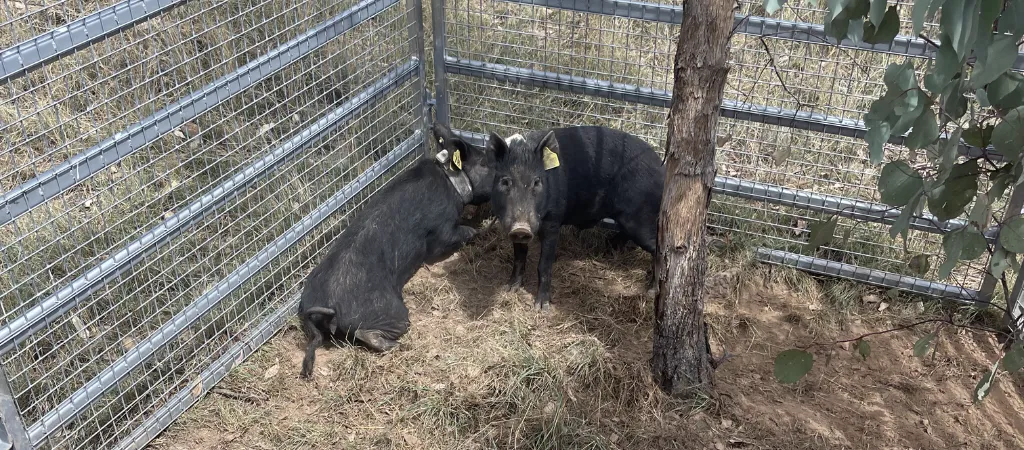Biosecurity is a critical component of land management and conservation efforts in Queensland. At its core, biosecurity refers to the measures put in place to protect against the introduction and spread of harmful pests, diseases, and weeds that can have devastating impacts on ecosystems, agriculture, and human health.
Regional Natural Resource Management (NRM) organisations play a vital role in delivering on-ground biosecurity projects across Queensland. Our sector works closely with landholders, industry groups, and communities to identify and manage biosecurity risks, develop strategies to prevent their spread, and implement measures to contain and eradicate existing infestations.
The work of these regional NRM organisations includes a range of initiatives such as community awareness programs, targeted surveillance and monitoring, control and eradication programs for invasive pests and weeds, and the development and implementation of biosecurity plans at the regional level.
Biosecurity in action across Queensland’s NRM regions
Simulation tests control of foot and mouth disease
If foot and mouth disease (FMD) hit Australia, could it be controlled? That’s the $24 billion dollar question being put to the test by scientists and biosecurity experts leading a simulated FMD outbreak on 60,000ha. Regional NRM organisation Southern Queensland Landscapes is collaborating on the $1.4 million simulation alongside 46 private land managers, the NSW Vertebrate Pest Research Unit and Northern Tablelands Local Land Services.
Ten local governments agree on biosecurity priorities
In the southern Gulf of Carpentaria, ten local authorities came together with regional NRM organisation Southern Gulf NRM to plan for the collective management of invasive pest species. The end result is the North West Queensland Regional Biosecurity Plan, 2022 – 2027, whose purpose is to provide guidance to local government on how to reduce biosecurity risks associated with invasive plants and animals.
Feral animal roadshow
In 2022, a Feral Animal Roadshow (pictured above) helped land managers across the Fitzroy region refresh their best practice pest management skills and work with their neighbours to collaborate on solutions. The roadshow included a series of workshops, including the Feral Animal Workshop held at Blackwater, to educate attendees about trapping and electric fencing options with the aim of reducing the impact of feral animals on the environment, agriculture and infrastructure. The event was supported by Fitzroy Basin Association through funding by the Queensland and Australian Governments.
Yellow-bellied glider gets habitat improvement works
In the Wet Tropics, a weed control program is providing essential habitat improvement works for the endangered yellow-bellied glider, known for its distinctive shrieks, rattles and gurgles. There are only three populations of the Wet Tropics species of the gliders left and one of those populations’ habitat is infested with lantana, putting the survival of this population at risk.
Locally-focussed, regional pest management
NQ Dry Tropics undertakes a broad range of biosecurity activities, including strategic pest management planning, coordination of control activities and the sharing of resources and promotion of best management practice through our extensive network, the Burdekin Dry Tropics Regional Pest Management Group.
Online resources to help control weed seed spread
Southern Queensland Landscapes joins Western Downs Regional Council and Weed Society of Queensland members to demonstrate evidence-based vehicle wash-down techniques for preventing weed spread in this online resource.
Given the significant impact that biosecurity risks can have on the environment, agriculture, and communities, it is essential that adequate funding and policy support is provided to ensure effective biosecurity measures are in place.

